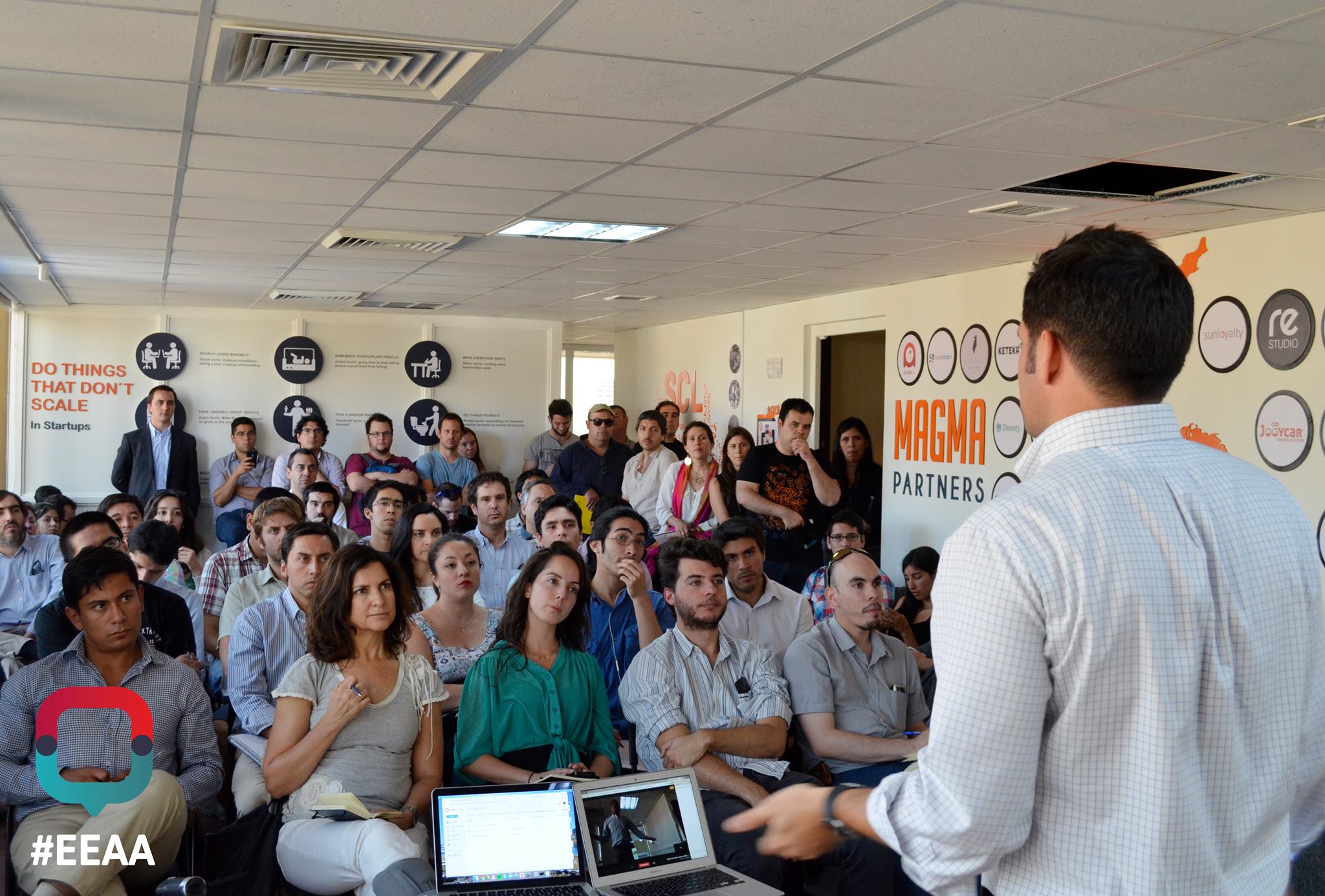I get multiple emails per month from US and European tech workers who are interested in moving to Chile and want to know what the tech job market looks like. These emails have picked up in frequency both as the Chilean tech ecosystem has grown and as many tech workers explore more options for working abroad after 2016.
Chile’s tech ecosystem has grown by leaps and bounds since 2010, when startup Chile began seeding the Chilean tech ecosystem. Since then over 1700 companies have come to Chile, many of which have stayed and created a presence in Santiago. Additionally, more Chileans have started companies both for the local market and to attack the US market.
The most in demand workers are Ruby on Rails developers, UI/UX designers and online marketers, but there’s also significant demand for native english speaking sales people and customer success roles.
No matter where you work in Chile, you’ll almost for sure make less money than you would in the US. Tech salaries are lower, but so is cost of living. Getting a work visa is very easy; all you need is a job offer and you can get a one year temporary visa, a RUT government id number and everything you need to get started.
There are five options for expat tech workers who are looking for opportunities in Chile:



